Master of Education in Curriculum and Instruction
Overview
The Master of Education program in Curriculum and Teaching Methods is one that is concerned with raising the level of education because it simulates reality and the requirements of the future with the aim of transferring the necessary knowledge and skills to institutions in the educational field
Characteristics of program graduates
-Possessing cognitive, value and skill expertise related to curricula and teaching methods.
-Scientific and professional competence in the field of curricula and teaching methods according to sub-specializations.
-The ability to plan, build, implement, evaluate and develop curricula and academic programmes.
-Research, analysis, evaluation, and finding appropriate solutions to educational problems in the field of curricula and teaching methods.
-Using and employing technological innovations in the field of education
Continuous learning and self-development
Program message
Providing an academic, educational and research program in accordance with distinguished and modern scientific standards; To prepare leaders and specialists in curricula and teaching methods, qualified to build their society and achieve its vision and future aspirations.
|
|
Program learning outcomes (Thesis track) | |
|
| Knowledge and understanding | |
|
| Students review scientific concepts, terminology, characteristics, and theories related to the field of curricula and teaching methods. | 1 |
|
| Students identify appropriate scientific and technical methods and methods to solve problems and obstacles related to the field of curricula and teaching methods. | 2 |
|
| Students classify scientific research methods and appropriate statistical methods and their practical applications in the field of curricula and teaching methods. | 3 |
|
| Describes scientific tools and methods for designing, evaluating, and developing curricula and teacher professional development. | 4 |
|
| Skills | |
|
| Students analyze scientific concepts, modern theories, and scientific studies related to the field of curricula and teaching methods. | 1 |
|
| Students propose appropriate scientific solutions to issues and problems related to the field of curricula and teaching methods. | 2 |
|
| Students use scientific research methods and methods in the field of curricula and teaching methods. | 3 |
|
| Students design scientific tools and programs in light of modern scientific and technical trends related to the field of curricula and teaching methods. | 4 |
| Values, independence and responsibility | ||
| Students submit a report on the reality of issues and problems related to the field of curricula, teaching methods, electronic applications, and appropriate scientific solutions to them. | 1 | |
| Students are familiar with the elements of writing scientific research in the field of curricula and teaching methods, related statistical methods, and professional and ethical commitment in dealing with information sources. | 2 | |
| Students communicate scientifically with specialists in the field of curricula and teaching methods to solve societal problems.. | 3 | |
|
|
Program learning outcomes (Project track) | |
|
| Knowledge and understanding | |
|
| Students review scientific concepts, terminology, characteristics, and theories related to the field of curricula and teaching methods. | 1 |
|
| Students identify appropriate scientific and technical methods and methods to solve problems and obstacles related to the field of curricula and teaching methods. | 2 |
|
| Students classify scientific research methods and appropriate statistical methods and their practical applications in the field of curricula and teaching methods. | 3 |
|
| Describes scientific tools and methods for designing, evaluating, and developing curricula and teacher professional development. | 4 |
|
| Skills | |
|
| Students analyze scientific concepts, modern theories, and scientific studies related to the field of curricula and teaching methods. | 1 |
|
| Students propose appropriate scientific solutions to issues and problems related to the field of curricula and teaching methods. | 2 |
|
| Students use scientific research methods and methods in the field of curricula and teaching methods. | 3 |
|
| Students design scientific tools and programs in light of modern scientific and technical trends related to the field of curricula and teaching methods. | 4 |
| Values, independence and responsibility | ||
| Students submit a report on the reality of issues and problems related to the field of curricula, teaching methods, electronic applications, and appropriate scientific solutions to them. | 1 | |
| Students are familiar with the elements of writing scientific research in the field of curricula and teaching methods, related statistical methods, and professional and ethical commitment in dealing with information sources. | 2 | |
| Students communicate scientifically with specialists in the field of curricula and teaching methods to solve societal problems. | 3 | |
null
null
null
null
null



